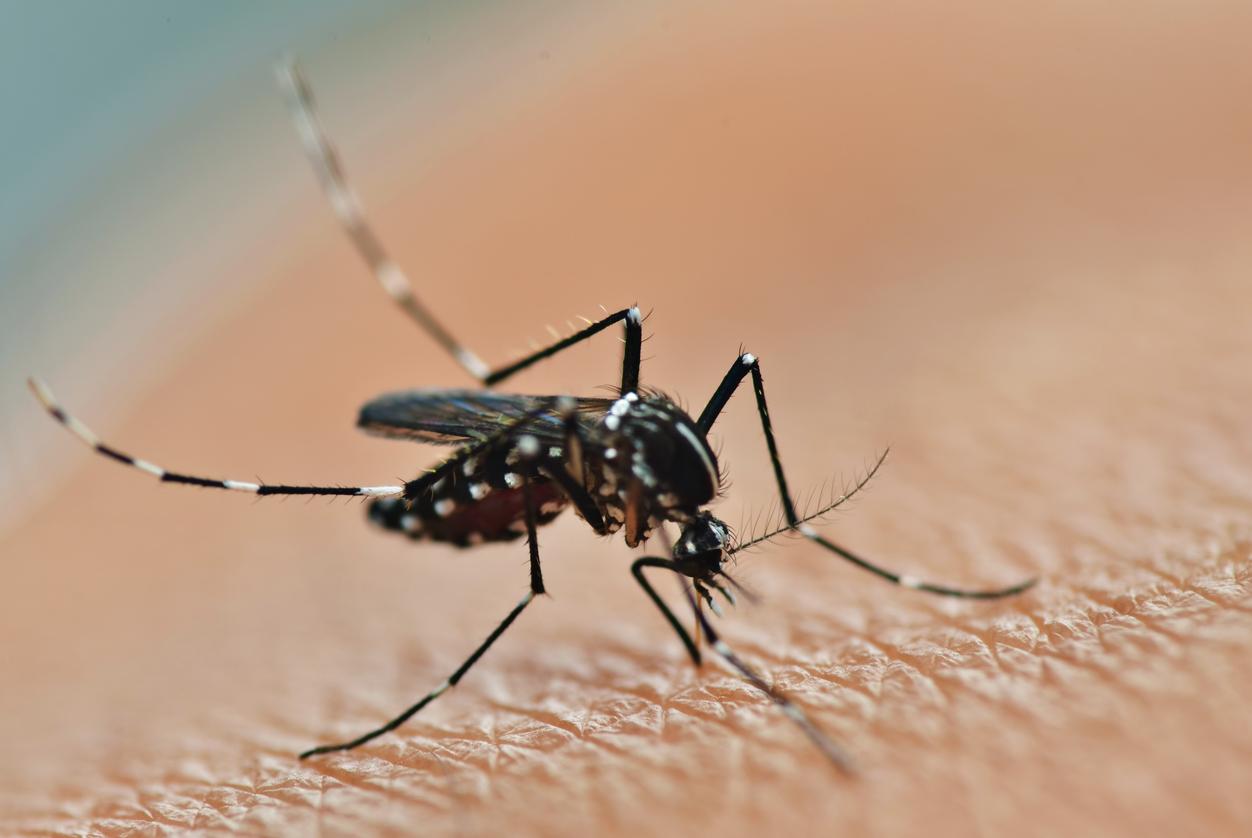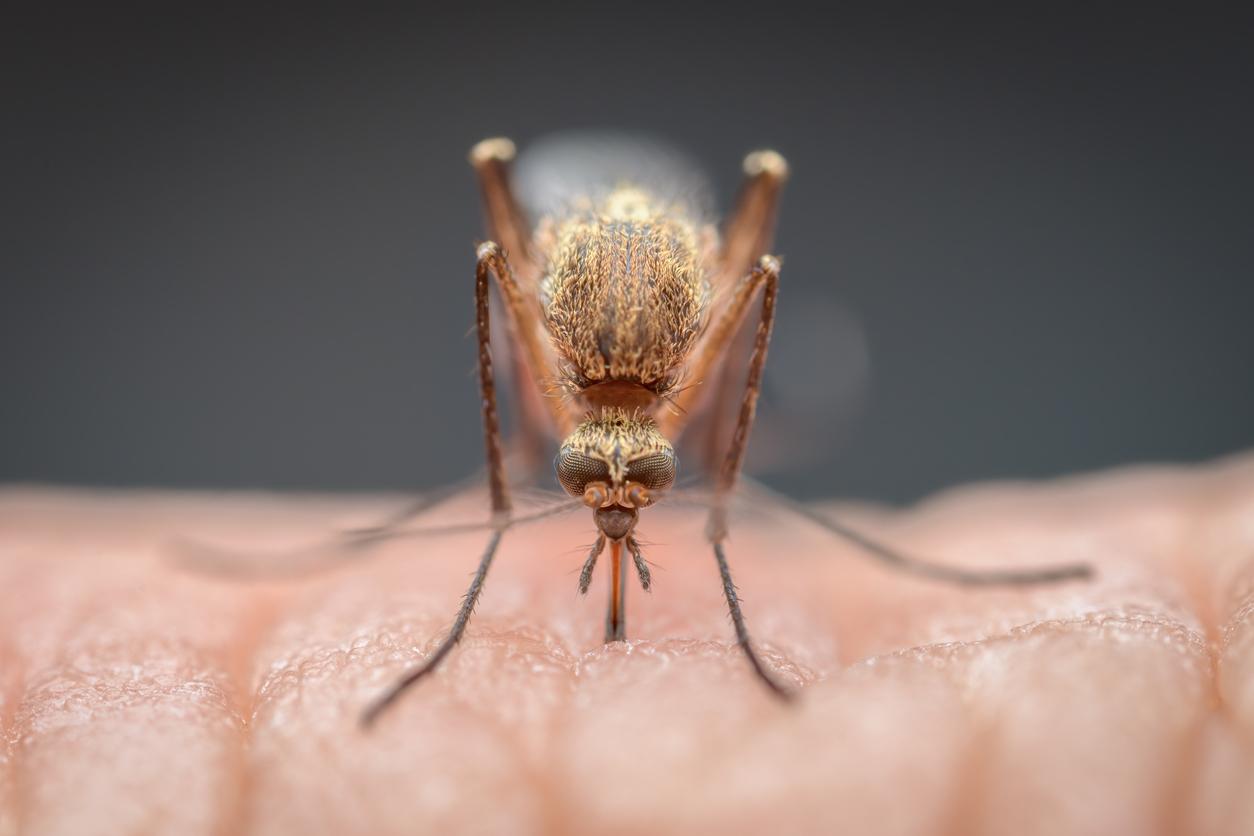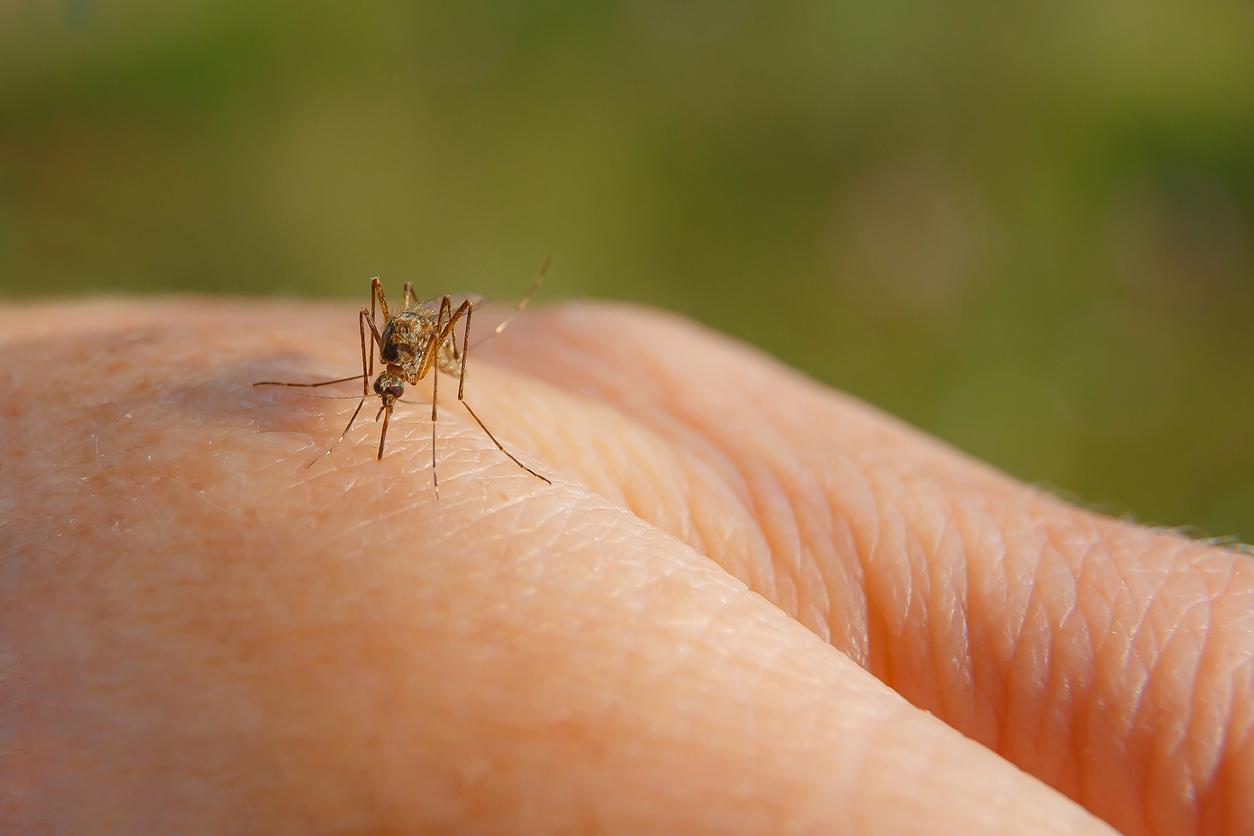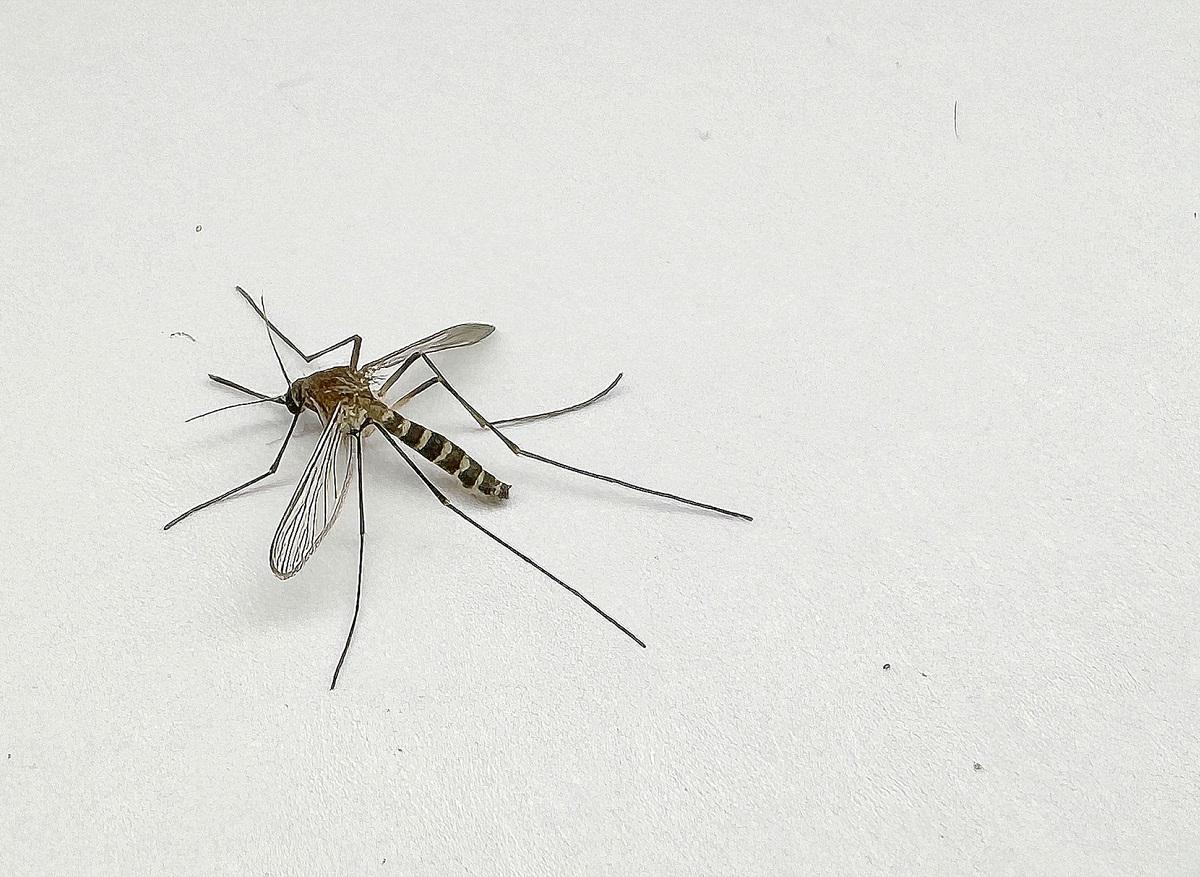A potentially fatal viral infection, Japanese encephalitis, is now affecting cities and not just Japan. Vaccination is the only effective means of protection.
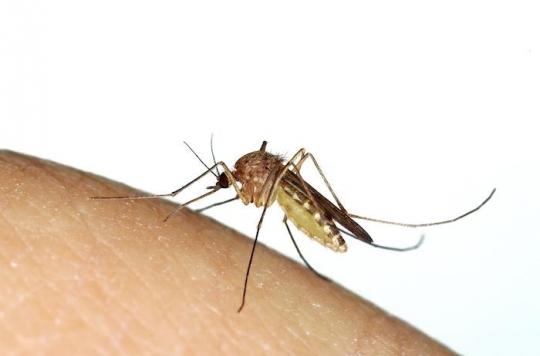
Traditionally, Japanese encephalitis, a potentially serious viral infection, has been confined to rural and forest areas in tropical Southeast Asia, India, Indonesia, Papua… and not just Japan.
An article published in the journal PLOS Neglected Tropical Diseases challenges this assertion and may cause us to need to be vaccinated, even staying only in one city in Southeast Asia, if not elsewhere. The study showed that in Cambodia, the virus circulates as intensely around the capital, Phnom Penh, as in rural areas.
A virus transmitted by mosquitoes
The virus responsible for Japanese encephalitis is a flavivirus related to dengue, yellow fever and West Nile viruses.
It is transmitted to humans by mosquitoes of the genus Culex, which are found in humid tropics and paddy fields or in more temperate countries. Pigs and wild birds are considered the main wild reservoir of the virus, although in Cambodia and Vietnam chickens and ducks are also affected. It is therefore possible that domestic poultry is involved in the disease cycle.
Despite the existence of a vaccine, Japanese encephalitis is the main form of encephalitis in Southeast Asia, India, Japan, Indonesia and Papua. Transmission is endemic in 24 countries, meaning more than three billion people are at risk.
A potentially serious illness
Japanese encephalitis is a serious infection: in 2012, the WHO counted nearly 68,000 clinical cases and up to 20,400 deaths, mainly in children.
Most cases are asymptomatic, that is, those infected do not realize it, or mild. On the other hand, when there are signs of infection, they are potentially serious.
There are a few cases of mild infections manifested by fever and headaches, or even a real picture of aseptic meningitis. Severe cases are encephalitis, an infection of the brain that progresses rapidly, combining severe headache (headache), high fever, stiff neck, disorientation, coma, seizures, paralysis.
A third of the patients recover completely, a third recover with serious neurological consequences (paralysis, recurrent convulsions or inability to speak) and about a third die from it.
Japanese encephalitis is at risk of spreading
More than three billion people are exposed to Japanese encephalitis in Southeast Asian countries, but this virus could be exported to other continents because Culex is a fairly common mosquito.
This fear is supported by two recent findings. RNA for the virus has been found in wild birds in Italy, suggesting the disease may have reached Europe. In addition, in 2017, a human case of Japanese encephalitis was reported in Angola.
After its introduction, the virus could become established and cause epidemics in areas with favorable climatic conditions, where hosts and vectors of the virus are present (wild birds and pigs). The Indian Ocean is a good candidate according to the study because it has strong air and sea links with Asia and already hosts nearby viruses.
Prevention is essential
There is no specific treatment and everything is therefore based on prevention.
The first barrier against infection is protection against mosquitoes (mosquito nets, repellent, long clothes….). Culex is mainly active in the evening and at night, which means that you have to be very strict in this time slot.
Vaccination remains the best way to protect humans against the disease which will be impossible to eliminate completely because of its natural reservoirs (wild birds).
According to the researchers, different control methods could be effective against Japanese encephalitis. Their work showed that vaccination of sows, combined with measures to stop mosquito breeding, could drastically reduce the circulation of the virus.
Vaccination is available in France
The Japanese encephalitis vaccine is well tolerated and is the only reliable way to protect against this viral disease. Vaccination is currently not routinely recommended to all travelers who travel to regions where the virus is circulating: expatriate travelers or those expected to reside more than 30 days in these regions (because they will be going to the countryside on weekends), or travelers going to these regions, with an important outdoor activity (work outside, hiking …), more particularly in the areas of rice fields or swamps, and especially during the period of transmission of the virus, in particular during the season rains.
The vaccination schedule includes 2 injections on D0 and D28. Half a dose is required for each injection below the age of 3 years. A booster is necessary 12-24 months after the primary vaccination, before a possible re-exposure to the Japanese encephalitis virus.
The Japanese encephalitis vaccine used in France is produced from an inactivated virus and is not reimbursed.

.









